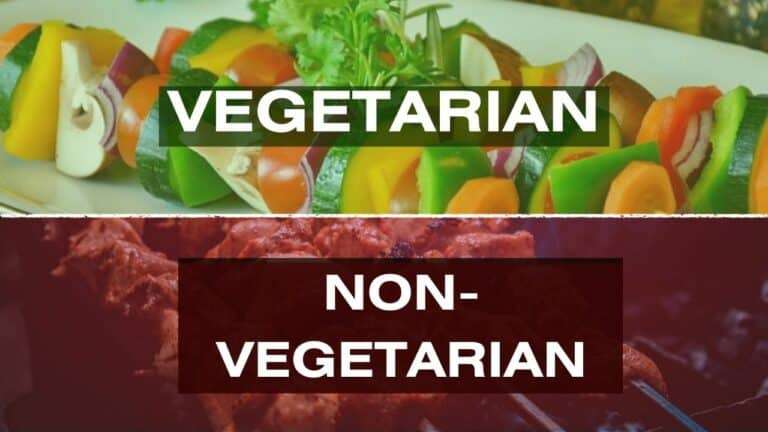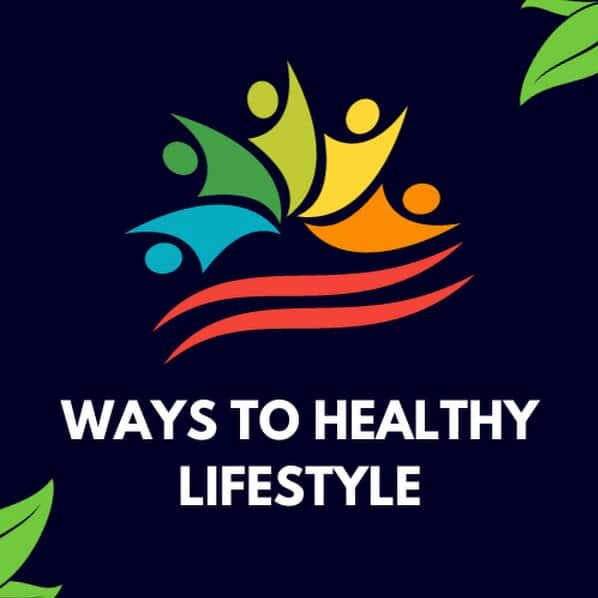There is always a debate about which diet to follow. The lack of B12 and protein in plant-based foods will cause some people to prefer non-vegetarian food over vegetarian food. The choice to adopt a vegetarian versus non-vegetarian diet depends on factors like health issues, environmental awareness, and cultural background. As a result of the coexistence of both vegetarian and non-vegetarian preferences in Indian cuisine, gastronomic diversity is offered.
In this article, we will see the difference between Vegetarian food and Non-Vegetarian food and its effects.
Vegetarian Diet

A vegetarian diet is one that excludes meat, fish, and poultry and vegetarianism is simply following a pure vegetarian diet.
There is a famous saying by Hippocrates.
“Let food be thy medicine and medicine be thy food”
As a theory, vegetarianism involves eating only vegetables, fruits, grains, legumes, and nuts without adding milk products or eggs unless for ethical, ascetic, environmental, or nutritional reasons.
Let’s see some statistics now.
Globally, there are an estimated 1.5 billion vegetarians.
In terms of percentage, it is 22%. That means 22% of the total population in the world is following a pure plant-based diet.
Pros and Cons of a Vegetarian diet:–
PROS:-
- Helps in Weight loss.
- Improves concentration.
- Dementia(ongoing decline of brain functioning).
- Reduces risk of heart diseases.
- Reduces risk of diabetes.
CONS:-
- Some people lack vitamin B12.
Non-Vegetarian Diet

A Non-Vegetarian diet is a diet that includes animal food such as poultry, fish, meat products and other animal food.
PROS:-
- Strengthens our muscles and helps them grow faster.
- Maintains body stamina and hemoglobin.
CONS:-
- Hard to Digest
- High risk of heart disease
- Water:- Approximately 70% of all fresh water consumed worldwide is used by livestock. Livestock generates around 90% of the biomass generated by animals.
- The consumption of meat releases greenhouse gases like methane, CO2, and nitrous oxide into the atmosphere.
Vegetarian versus Non-Vegetarian Diet : Which is the Healthier Alternative?
Now, let us compare the two diets:-
1. Vegetarian diet has many foods options which are healthy, colorful, economic, easily available, easily cooked and environment friendly. Whereas, Non-vegetarian diet is costly, not easily available, time-consuming and not eco-friendly.
2. Vegetarian diet is associated with a higher consumption of folic acid, vitamins C and E, magnesium, unsaturated fat. As a result, those who eat plant-based food have lower cholesterol, being thinner, having lower blood pressure, and reduced risk of heart disease. On the other hand, those who eat Non-vegetarian food eat more fats as all the animal-based.
3. Vegetarian foods are high in fats and hence they gain high cholesterol. Because of eating more fast, weight increases and hence they are more prone to diseases such as heart disease, diabetes as well as cancer.
4. It is scientifically proved than vegetarians live longer than non-vegetarians.
5. It is just a myth that we cannot get as much protein from vegetarian food as we get from meat and chicken. The fact is that there are many protein sources of plant-based diet which can fulfill the requirement of the body such as quinoa, almonds, Greek yogurt, green peas, beans and peanut butter.
6. A Vegetarian diet is rich in fiber that improves your digestion. The risk of digestion is more in people who consume non-vegetarian food, which has less fiber.
Fruits and vegetables, grains, pulses all are rich in fiber, which keeps your digestion healthy.
Animal protein versus Plant Protein
- Animal Protein contains high cholesterol whereas plant protein contains low cholesterol.
- Animal Protein contains low dietary fiber whereas plant protein contains high dietary fiber.
- Animal Protein contains high saturated fat content whereas plant protein contains low saturated fat content.
- Animal Protein are only high in minerals whereas plant protein are high in minerals as well as vitamins.
- Animal Protein are low in antioxidants whereas plant protein are high in antioxidants.
The moral and ethical implications of vegetarianism:-
- Taking care of animals also helps the poor around the world.
- Animal agriculture is disastrous for the environment.
- Global peace cannot be achieved by killing animals.
Final Thought:-
1. Plant-based diet is easy to digest, economic, easily available, easily cooked and environment friendly whereas non veg diet take time to digest, costly, not economic and environment friendly.
2. There are more plant-based food options than animal-based food.
3. Vegetarians have lower levels of low-density lipoprotein cholesterol, lower blood pressure, and lower rates of type 2 diabetes and hypertension than meat eaters.
4. Plant-based Food such as apricot, berries and nuts and seeds increases concentration levels. On the other side, meat, chicken are fatty foods that increases the cholesterol thereby increasing weight which leads to many diseases.
The transition to a plant-based diet may take some time. However, after a few weeks, you will see the difference. There can also be no pressure applied to it.
Thanks for reading this article. I hope you enjoyed it. Which diet do you follow? Have any tips to share? Let us know in the comment section below.
If you find the information in this post useful, please share it with your friends and colleagues on Facebook, Twitter, and Instagram.
Articles you might like:




